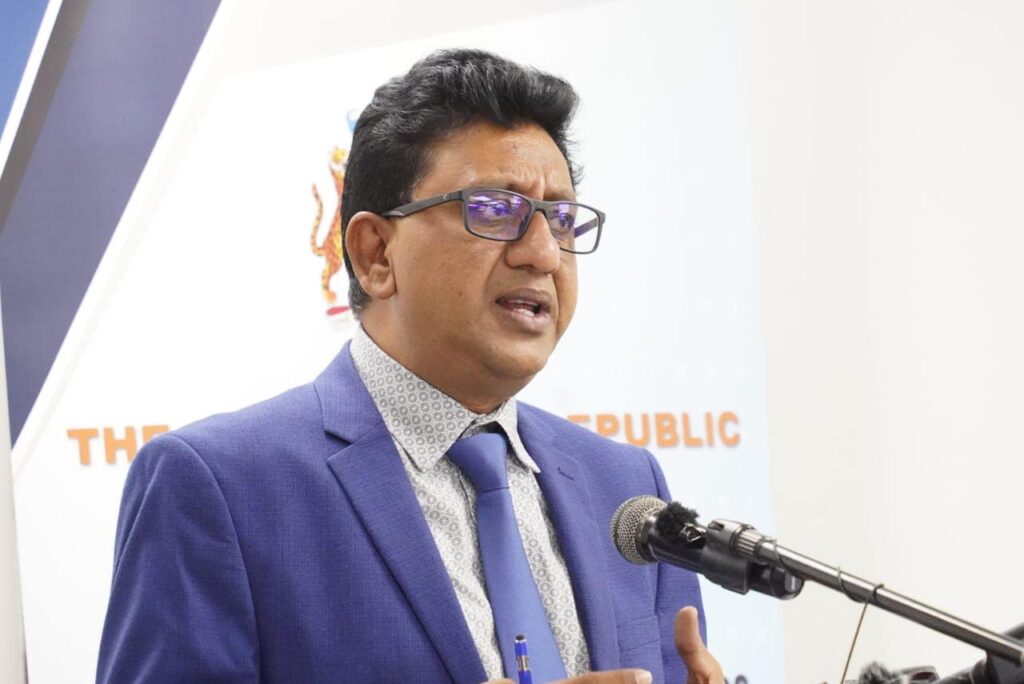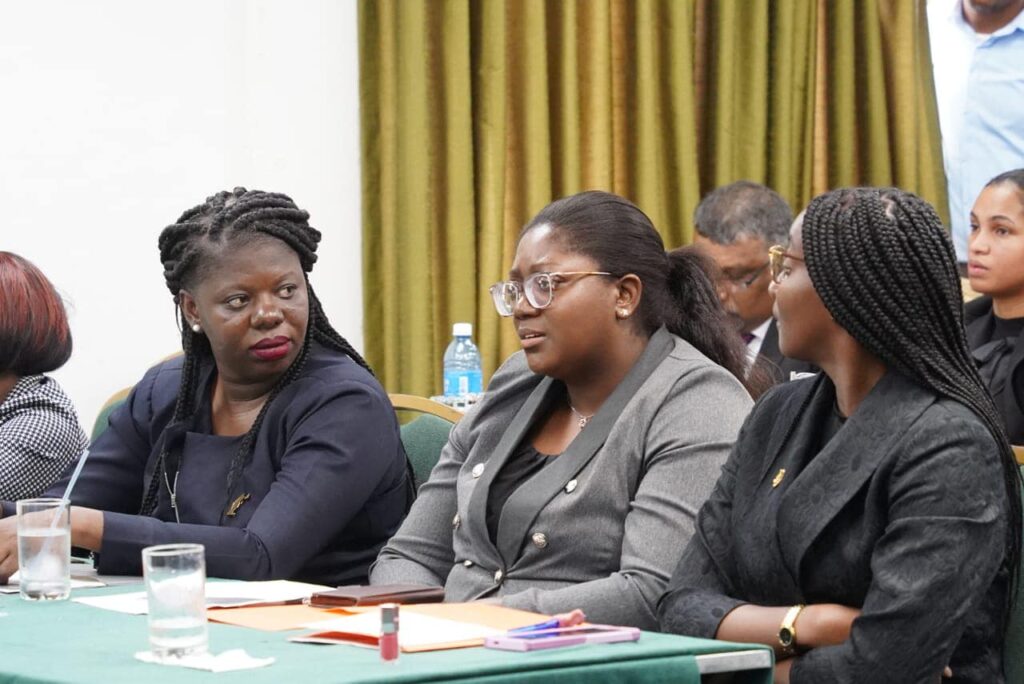
A two-day Restorative Justice Training Programme for Magistrates opened this morning at Cara Lodge with Attorney General Anil Nandlall urging Magistrates to refer minor cases to Restorative Justice Officers.
Explaining that Restorative Justice does not apply to capital offenses involving violence or sexual offences, the Attorney General said it will see a reduction in the number of cases before the Courts.
Restorative Justice focuses on the rehabilitation of offenders through reconciliation with victims and the community at large, and is often used for low-level offenses.
“These categories of cases, why they are larger in number? Because there is a reoccurrence. And why there is reoccurrence? Because our system was never designed to go to the root to find out why, what is the underlying cause of this repeated offender coming before you. It maybe two neighbours,” Nandlall said.
According to the Attorney General, by having a Restorative Justice Officer sit with offenders and victims to “hash out” the underlying issues in a non-Court setting, resolving issues that are often placed before the Courts becomes effective.

“A conversation, an apology, just letting out the bad blood can be sufficient sometimes to address these problems that have existed for generations. Restorative Justice allows that to happen. In principle it allows you to go the root to investigate the root cause,” the Attorney General said.
Senior International Assistance Officer at the Canadian High Commission, Tariq Clarke said Restorative Justice promotes healing and reconciliation, which are both essential for the long term well being of communities.
“Restorative Justice is a powerful approach that emphasizes healing, accountability, and the restoration of relationships. Unlike traditional justice systems that often focus solely on punishment, Restorative Justice seeks to address the harm caused by criminal behaviour through inclusive and constructive dialogue. This approach not only benefits those harm by giving them a voice and a sense of closure but also encourages those responsible to take accountability,” Clarke explained.

He said Canada has long advocated for Restorative Justice and Justice Sector Reforms, adding that Canada’s support is rooted in its belief that a fair and effective Justice System is fundamental to the health of any society.
Clarke said Canada is also cognizant that Restorative Justice can play a crucial role in reducing recidivism, and alleviate the burden on the courts while fostering a culture of empathy and understanding.
Acting Chancellor of the Judiciary, Justice Yonette Cummings also spoke of the importance of Restorative Justice to the Justice System, and helping to combat crime.
She said the training would help magistrates, particularly the newly appointed magistrates, to have a better understanding of the Restorative Justice Act.
The training programme is being supported by the Government in partnership with the Canada-CARICOM Expert Deployment Mechanism (CCEDM).













You must be logged in to post a comment Login